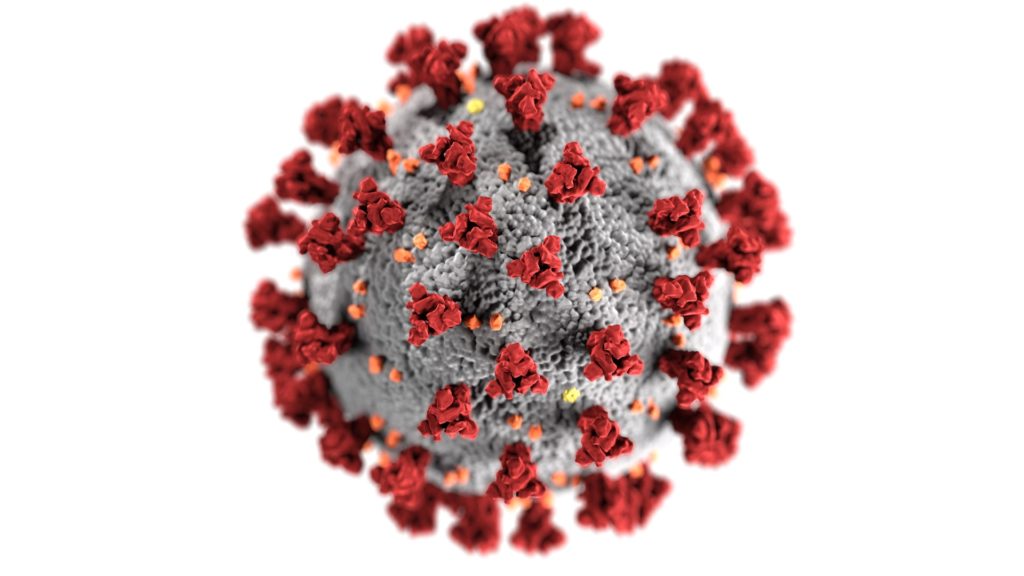Deprecated: Automatic conversion of false to array is deprecated in /var/www/html/easyhealthplans.com/wp-content/themes/mast/single.php on line 21
Coronavirus COVID-19 Readiness

The global community has been reacting to a major crisis in the last few weeks. Museums have been closed, sporting events and airline flights canceled, and pilgrimages to Mecca are being postponed. The world is trying to come to terms with a deadly disease that is rapidly becoming a pandemic: coronavirus or COVID-19. To date, over 3000 people have died and approximately 100,000 have been infected. The global economy is making it difficult to contain coronavirus and it is spreading rapidly along supply chains. Every continent has reported at least one or more cases.
You cannot dismiss this as just an ordinary flu outbreak. Coronavirus is highly contagious and lethal. It is essential to take precautions and prepare for emergencies brought on by this disease.
Coronavirus: The Basics
Coronavirus did not suddenly spring from some laboratory. In fact, it was identified more than 50 years ago. The disease ordinarily has the symptoms of the common cold but can lead to respiratory problems such as pneumonia. The type that is scaring the world half to death is the COVID-19 variety. It was discovered in Wuhan, China and has spread all over the world since December 2019.
COVID-19 is transferred from one person to another through respiratory droplets. The incubation period ranges from 1 to 14 days with an average of five days before the symptoms appear. The virus is very durable and can be present on the surface for several hours. Symptoms are comparable to flu: shortness of breath, fever, and a cough. A person can be ill with COVID-19 for as long as three weeks.
Those at Risk
Most people who are at risk from coronavirus are older males. Anyone who has hypertension, heart disease, or diabetes is at high risk. Anyone who has visited a country that has reported coronavirus cases may also be at an elevated level of risk.
What Is Being Done
Countries are becoming increasingly more proactive in preventing and isolating cases. The United States has restricted travel to other and 8.5 billion dollars has recently been approved to combat the spread. Other countries are canceling travel and events where large crowds of people are expected.
How Do You Prevent Being Infected?
There is no vaccine currently available for COVID-19, but the medical community is making a concerted effort to develop one. Generally, medical professionals are recommending the same hygienic methods used to prevent coming down with flu. People are urged to frequently wash their hands [or use hand sanitizers. Self-quarantine, staying home and not coming into contact with people who have respiratory infections are primary means of staying free of this virus. Masks are not necessarily going to help.
What About Treatment?
The Spanish flu pandemic in the 20th century killed millions. There is no reason to think that is going to happen in this situation, but we must remember that coronavirus is highly contagious. Checking to see what medical treatment you would receive in the event you become infected is due diligence.
The American public has already been told that Medicare, Medicaid, and Obamacare insurance will cover any tests for this disease. Major insurance companies also gave assurances that tests for coronavirus will be covered under their plans. American Health Insurance Plans announced that their member plans will cover doctor ordered testing. Cigna has let it be known that it will waive copayments and other cost-sharing for coronavirus testing prescribed by health practitioners. However, any insurance plan should be checked to see if there are any co-pays or deductibles that must be paid by the insured. It probably isn’t necessary to purchase an insurance rider to cover coronavirus.
There has been talk of using presumptive Medicaid eligibility for anyone who is seeking care because of coronavirus. The argument is that people will be more willing to be tested if they know that there is financial coverage for any treatment. This is especially true for anyone who does not have insurance. The precedence is the use of the Disaster Relief Medicaid which was used during the 9/11 aftermath. Coverage at that time was for a four-month period and after those people who met the ordinary qualifications for regular Medicaid were transferred over to that program.
The emergency is still developing, and it is hard to forecast what is going to happen next. Much of the attention is still focused on China and nations that have poor health systems. The United States has recorded deaths, but these primarily are in the target populations of senior citizens. California declared a state of emergency and other parts of the country are taking precautionary measures.
It makes sense, for now, to pay close attention to hygiene and to stay away from people who are not well. Individuals should also check their own health insurance and visit the insurance company’s website to see if they have information. Paying attention to reputable media sources, and not rumors, is a practical way of learning how to avoid being infected, and how testing and treatment of COPVID-19 is going to be financed.
Make Sure You’re Covered
Our licensed agents at Easy Health Plans are ready to help make sure you’re prepared for this pandemic. We’re available to talk you through your options and work with your budget to get you and your family covered. Contact us today.




